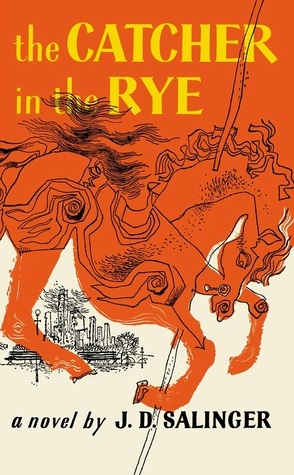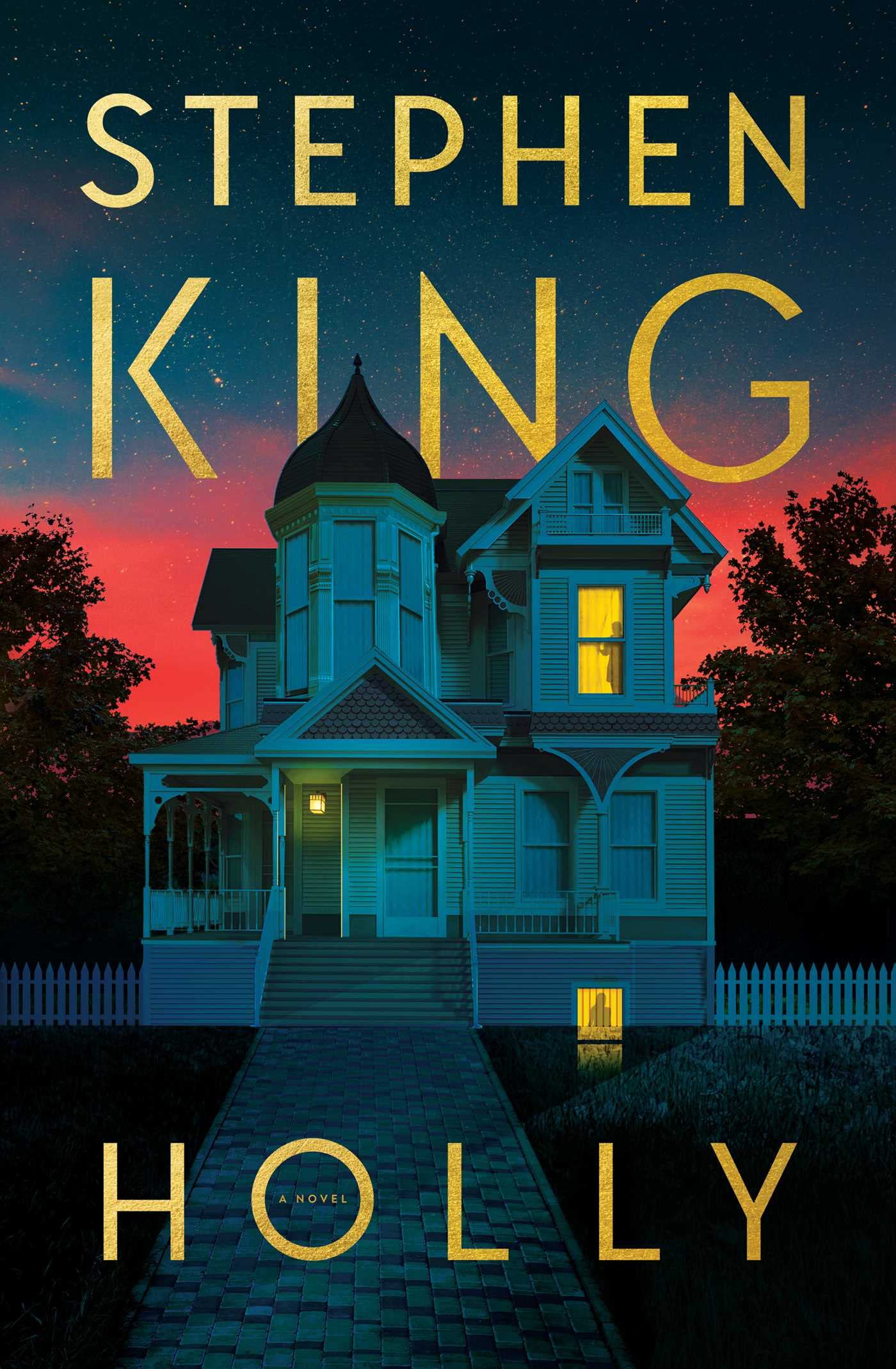Chapter 21: Poetry and Identity
byBetween February 15, 2021, and March 27, 2021, Chapter 21 of Barbara Kingsbury’s journey unfolds as she embarks on a deeply personal and artistic exploration under the mentorship of the accomplished poet Olivia Kingsbury. Their meetings take place in the cozy, book-filled home of Marie Duchamp, where the scent of tea and freshly baked cookies lingers in the air. These intimate gatherings offer Barbara both a sanctuary from the pressures of her academic and personal life and a space to explore the true depth of her poetic abilities. While her brother Jerome’s literary success looms in the background, Chapter 21 sees Barbara grappling with her own aspirations, striving to carve out a place for her voice amid the overwhelming expectations placed upon her.
For Barbara, poetry is not just a craft but a means of confronting and articulating the complexities of her identity as a young African American woman. Olivia recognizes this, pushing Barbara to write from a place of authenticity, urging her to embrace both her pain and her triumphs. Through their discussions, Barbara delves into memories she had long tried to suppress—her struggles with suicidal ideation, encounters with racial prejudice, and the haunting impact of a traumatic experience involving Chet Ondowsky. These emotions, once buried beneath layers of silence, begin to take shape in her poetry, transforming raw suffering into profound artistic expression.
Olivia’s mentorship is marked by a relentless insistence on honesty in poetry, challenging Barbara to move beyond aesthetic beauty and embrace the emotional truth of her experiences. The two engage in lengthy discussions about the purpose of poetry—not just as a personal outlet but as a tool for social critique and self-preservation. Olivia believes that poetry has the power to transcend the barriers of race, class, and gender, yet she also acknowledges that the literary world is far from neutral. She warns Barbara about the ways in which Black poets are often expected to write about trauma in a way that serves white audiences, cautioning her to stay true to her voice rather than cater to external expectations.
Amid these personal revelations, Olivia often reflects on the shifting landscape of the literary world, particularly the decline of the once-prestigious Bell Poetry Workshop. Once a bastion for aspiring poets, it has become another casualty of academia’s growing focus on profit over creativity, where grants and sponsorships favor commercial success over artistic integrity. Figures like Emily Harris, who prioritize financial gain over literary innovation, represent the ideological struggle that has shaped modern poetry. Olivia, ever the traditionalist, refuses to accept these shifts, longing for the days when poetry was valued for its ability to challenge and inspire rather than for its marketability.
Barbara listens intently, absorbing Olivia’s critiques while forming her own perspectives on the literary world. She is particularly intrigued by Jorge Castro, a fiction writer-in-residence with an unconventional approach to poetry, whose work blurs the line between prose and verse. Though his genre differs from hers, his passion for storytelling and his belief in poetry’s role as a force for change resonate with her. His presence reinforces the idea that poetry and fiction, though distinct, share the same mission—to shed light on the unseen, to preserve history, and to give voice to those who might otherwise be ignored.
As their conversations deepen, Barbara begins to understand that poetry is not simply about self-expression—it is about survival. Each poem she writes becomes a declaration of her existence, a refusal to be erased or silenced by a world that often dismisses voices like hers. She learns that to be a poet is to carry the weight of both personal and collective history, to speak even when the world is unwilling to listen. In this realization, Barbara finds newfound confidence in her work, no longer hesitant to write boldly, to challenge expectations, and to embrace both the beauty and the pain that shape her existence.
This chapter intertwines Barbara’s personal and creative evolution with the broader tensions within the literary community, illuminating the struggles of maintaining artistic integrity in a world that often commodifies creativity. Through her intergenerational dialogues with Olivia, she navigates the delicate balance between poetry’s power to break boundaries and its entanglement within the very structures it seeks to challenge. As she leaves each meeting with Olivia, Barbara feels herself growing—not just as a poet but as a person who is finally learning to claim her own space, to own her narrative, and to write with fearless conviction.


